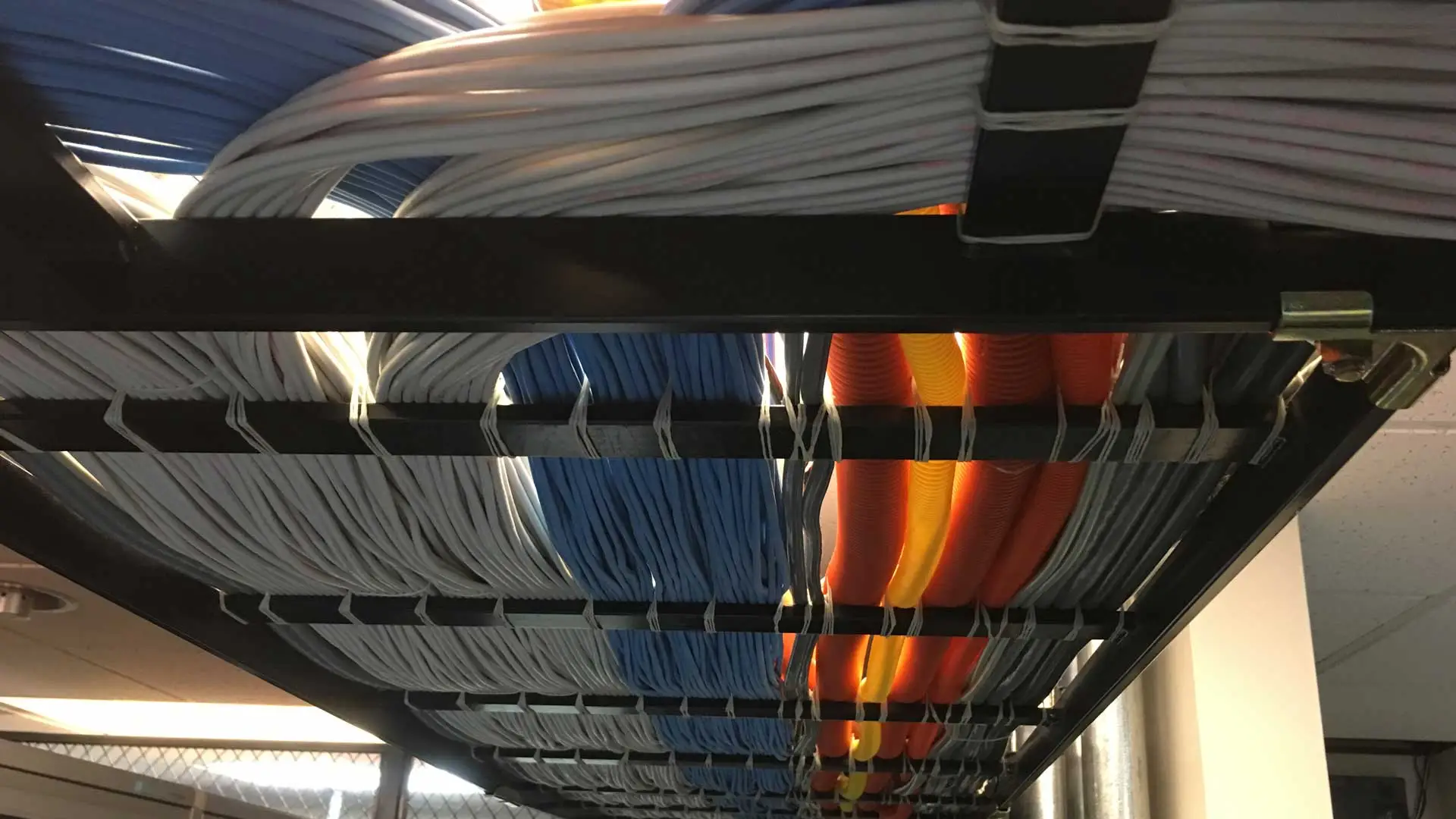Understanding Cybersecurity Compliance
Cybersecurity compliance involves adhering to laws, regulations, and standards designed to protect information and information systems from security breaches. For data centers, this means implementing and maintaining a set of controls and measures to prevent, detect, and respond to cyber threats.
Compliance standards, such as ISO 27001, GDPR, HIPAA, and SOC 2, provide frameworks for managing and securing sensitive information, making them essential for businesses to understand and consider when selecting a provider. By focusing on data centers that offer leading security measures, it’s easier to safeguard your company’s information.
The Role of Data Centers in Ensuring Compliance
Data centers play a crucial role in achieving cybersecurity compliance. They are responsible for implementing robust security measures – including network security, physical security, and access controls – to protect the data they house. Additionally, data centers must ensure that their policies and procedures align with compliance requirements, conducting regular risk assessments and audits to identify and mitigate vulnerabilities.
Key Components of Cybersecurity Compliance in Data Centers
Effective cybersecurity compliance in data centers revolves around several key components. These include data encryption to protect data at rest and in transit, multi-factor authentication to ensure that only authorized individuals can access sensitive information, and regular security updates and patches to address vulnerabilities and protect against new threats. Additionally, data centers must have incident response plans in place, enabling them to respond quickly and effectively to various events.
Ideally, companies should evaluate a data center’s broader security posture when choosing a provider. Look beyond the basics and explore the comprehensive suite of services and technologies offered. Again, this allows organizations to assess a data center’s robustness, making it easier to choose a suitable provider.
The Importance of Scalability and Flexibility
Healthcare organizations are dynamic, with fluctuating data storage and processing needs. Therefore, selecting a HIPAA-compliant data center that offers scalability and flexibility is essential.
The ideal data center should be able to accommodate your organization’s growth, allowing for easy scaling of resources without compromising security or compliance. Additionally, consider data centers that offer flexible service models – such as cloud-based solutions – which can provide additional agility and cost-effectiveness.
Navigating Regulatory Landscapes
Businesses must navigate a complex regulatory landscape to achieve cybersecurity compliance. This involves staying abreast of evolving regulations and standards, which can vary by industry and region.
Companies must understand the specific requirements that apply to their operations and ensure that their data center providers are compliant with these regulations. By using a proactive approach, organizations not only safeguard data but also protect themselves from the legal and financial penalties associated with non-compliance.
The Importance of Vendor Management
When outsourcing data center services, vendor management becomes a critical aspect of cybersecurity compliance. Companies must diligently assess and select data center providers that demonstrate a strong commitment to security and compliance. This involves reviewing the provider’s compliance certifications, security policies, and track record of managing data securely.
Additionally, establishing clear contractual obligations and conducting regular audits of the provider’s practices is essential to ensure ongoing compliance. This level of due diligence makes a difference, as it allows any potential issues to be addressed proactively.
Staying Ahead of Emerging Threats
The cybersecurity landscape is continuously evolving, with new threats emerging at an alarming rate. To maintain compliance, businesses and their data center partners must stay informed about the latest threats and trends in cybersecurity.
In many cases, investing in continuous security training for staff is a critical part of the equation. Additionally, deploying advanced security technologies and participating in industry forums and collaborations to share knowledge and best practices is wise.
Ideally, companies should explore how a provider works to remain apprised of emerging threats and protect client assets from them. By doing so, it’s easier to find a data center that similarly prioritizes security.
Continuous Improvement and Monitoring
Achieving cybersecurity compliance in data centers is not a one-time event but an ongoing process. Continuous improvement and monitoring are essential to adapt to new threats and changing regulations.
Finding a data center provider that conducts regular security audits, vulnerability assessments, and compliance reviews ensures security measures remain effective and compliance requirements are consistently met. As a result, companies should prioritize it when selecting a provider.
Are You Looking for a Data Center That Prioritizes Cybersecurity Compliance?
Ultimately, finding a data center that prioritizes cybersecurity compliance is essential to ensure your company’s data is appropriately safeguarded. If you’re looking for a security-oriented partner, Colo Solutions is a leading solution. Contact us to learn more about our service offerings today.


Comments (0)
Thanks for your comment!
Thanks for your feedback! Your comments have been successfully submitted! Please note, all comments require admin approval prior to display.
Error submitting comment!
There is a problem with your comment, please see below and try again.